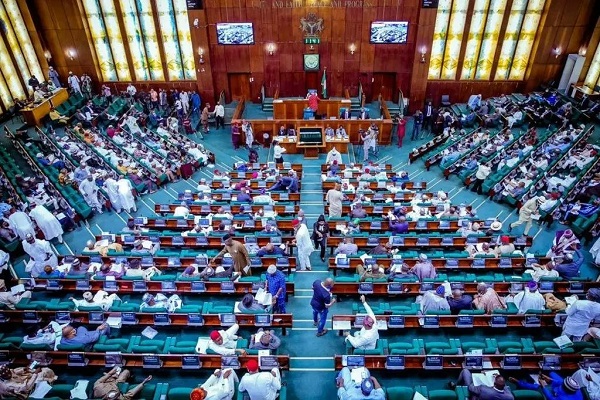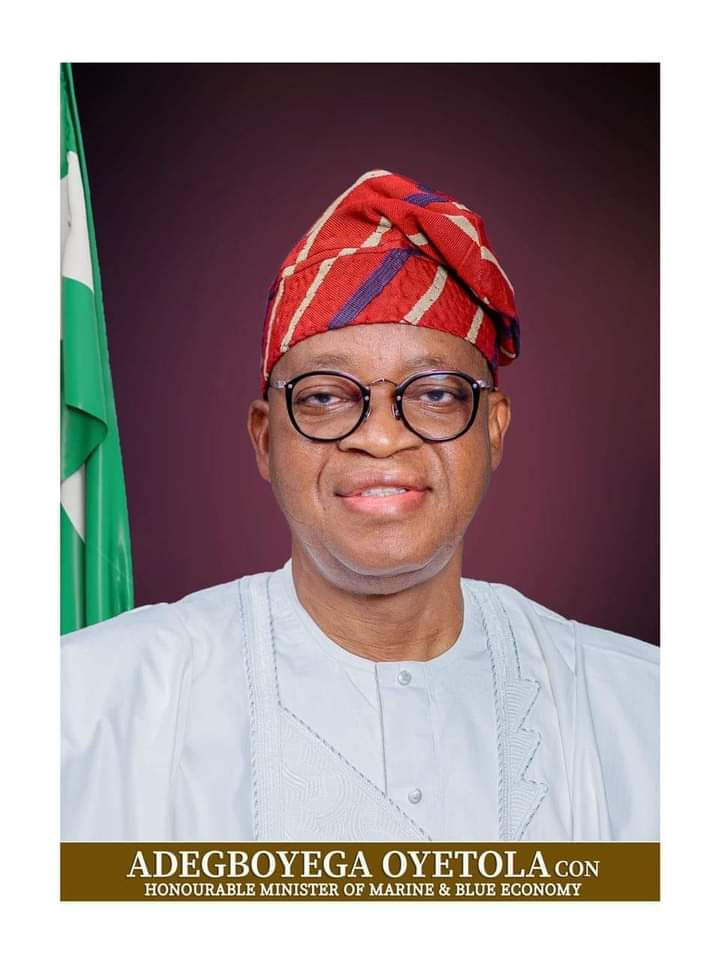- As Bank of Ghana is under fire over $1/2m gold watch gifts for staff
Ghana has started exporting fuel and gas oil to Nigeria and Benin Republic from the Bolgatanga Petroleum Depot.
The state-owned Bulk Oil Storage and Transportation Company (BOST) Limited, is also supplying petroleum products from the same depot to the landlocked countries of Burkina Faso, Niger and Mali.
Ghana’s Minister of Petroleum, Mr Emmanuel Armah-Kofi Buah, who made this known at the meet-the-press series in Accra, said there were plans to extend the exports to Liberia in the coming months. The minister said the vision of the government was to make Ghana the hub for the distribution of petroleum products in the West African sub-region.
The Bolgatanga Petroleum Depot, with a capacity of 46 million litres of refined gasoline and gas oil, was re-inaugurated in August 2015. Buah said Ghana had been ushered into a new gas era that would guarantee its energy security for the next two decades. “Despite the global downturn in the oil industry, we have managed to increase production.
“Ghanaians have been empowered to be at the forefront of the industry and a liberalised petroleum downstream sector with strong private sector participation where product availability, competition, better customer service and lower prices are making Ghana the preferred destination for doing business in the sub-region,” he said.
He said the Ghana Gas Company (Ghana Gas) had completed the extension of its pipeline to the battery limit of the West Africa Gas Pipeline Company’s (WAPCo’s) Regulatory and Metering Station at Aboadze and indicated that Ghana Gas was awaiting WAPCo to interconnect. “In the long term, a 290-km onshore pipeline to ensure gas supply reliability and downstream infrastructure expandability is planned.
“Additional volumes will, in the long term, provide the opportunity for Ghana to realise its vision to utilise gas for the other industrial uses, beyond power generation, such as fertiliser and petrochemicals,” he said. Buah said Ghana’s strategic stock was at an all-time high, with about one million metric tonnes of petroleum products imported from January to June 2016. He said the feat was chalked up following the restructuring of BOST, which had been successful in ensuring the availability of petroleum products in the country.
“The restructuring of BOST has resulted in a turnaround in the performance of this strategic national asset which is now successfully fulfilling its mandate of ensuring the availability of petroleum products,” he said.
In the meantime, the Bank of Ghana has defended its decision to buy half a million dollars worth of gold watches for its retiring staff amid a growing outcry over wasteful spending.
Local news outlet StarrFM reported on Wednesday that it had seen documents showing the bank had requested the Public Procurement Authority buy 72 Swiss watches worth $502,000 for retiring staff.
Civil rights groups seized on the purchase of Swiss gold watches — worth almost $7000 each — as a sign of excess within President John Mahama’s ruling government in the run-up to fiercely contested presidential polls in December. But the bank said that the procurement of the watches was done within the law and cited a tradition of awarding outgoing staff with gifts to “boost staff morale.”
“End of service benefits, as part of the conditions of service for staff, is a longstanding tradition of the bank,” it said in an emailed statement.
“In the year 2012, the bank decided to procure the gold watches once every two years in order to control cost and make savings on foreign exchange,” said the bank, denying claims it had flouted procurement rules to buy the retirement gifts.
“No procurement rules were breached in presenting sole sourcing justification to the Public Procurement Authority (PPA) for approval.”
Vanguard.


















